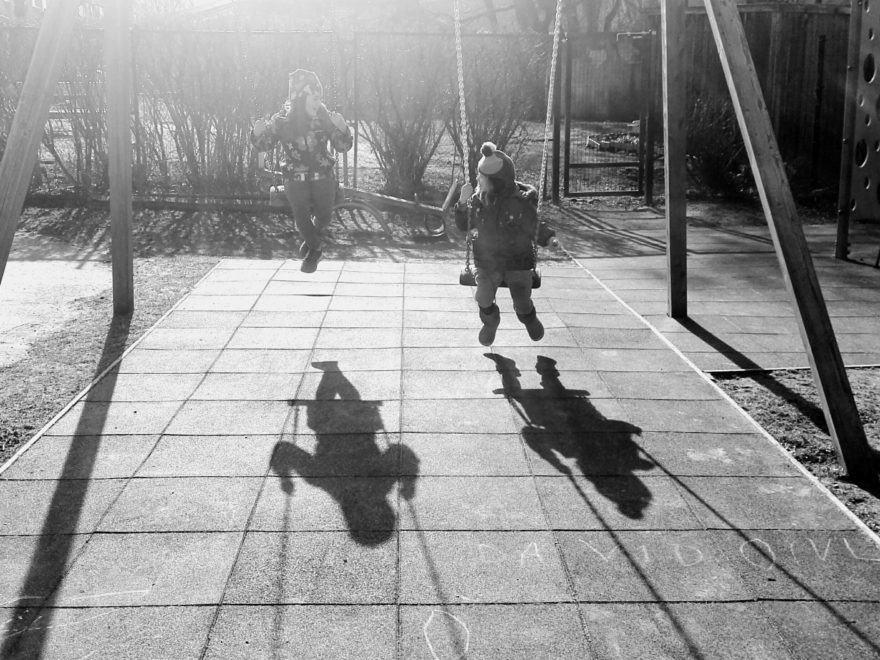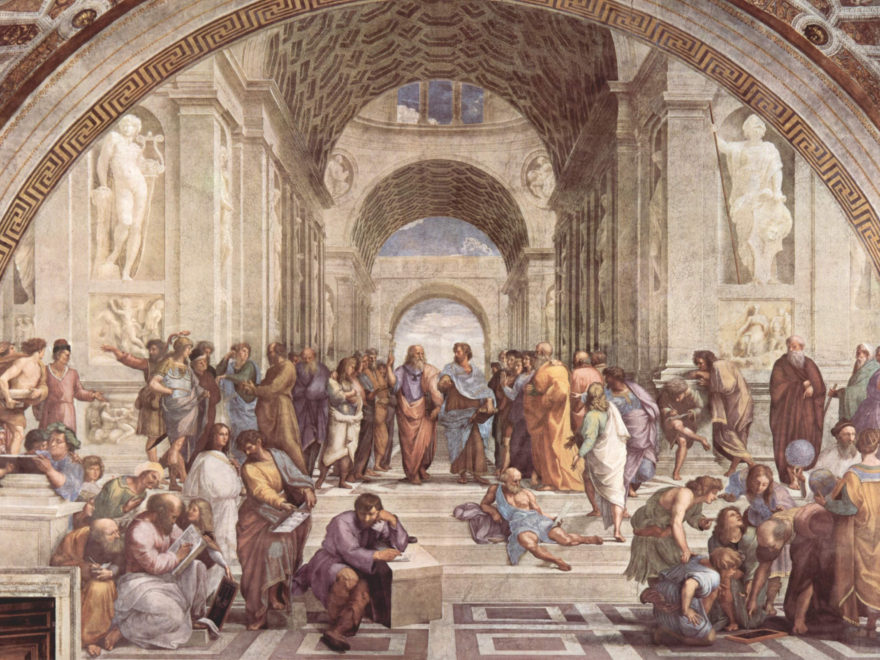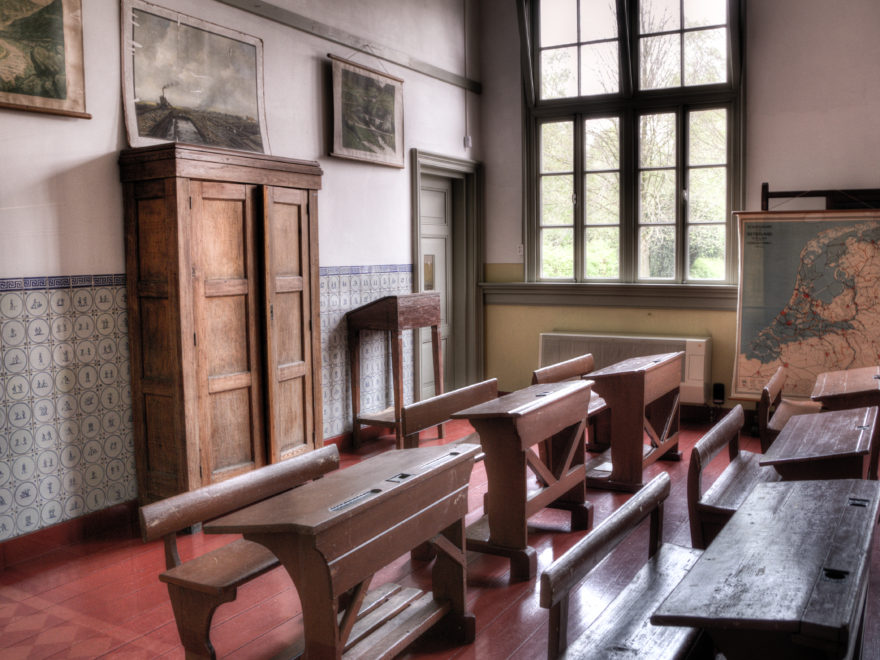Tag: modern research
-

The Flow of Thought, Part 4: The Seven Liberal Arts as Mental Games
There’s a lot of talk these days about the war between STEM and the liberal arts (which we are meant to understand as the humanities generally). Often this gets posed as a trade-off between a utilitarian education—training our future engineers, scientists and programmers—vs. a soft education in human skills and cultural awareness. Given the hype…
-

Rules for Schools?: An Interaction with Jordan Peterson’s 12 Rules for Life (Part 3)
I have been interacting with Jordan Peterson’s 12 Rules for Life over the past few weeks. This is now the third and final installment. Part 1 looked at habit formation and deliberate practice, while part 2 considered several of Peterson’s rules in conjunction with the idea of discipline. At the heart of Peterson’s book is a concern for…
-

Rules for Schools?: An Interaction with Jordan Peterson’s 12 Rules for Life (Part 2)
Last week I wrote part 1 of my interaction with Jordan Peterson. Here is part 2, grouping several of his 12 rules for life. Discipline is one of the hardest aspects of life as a teacher. Discipline for parents can be quite difficult. But discipline is even harder when you are dealing with other people’s…
-

The Role of Ideas in Education
Ever the provocateur, Charlotte Mason, the late 19th century British educator, raised the question of the role of ideas in education. After mentioning the importance of ideas in both common life (“I have an idea!”) and the history of philosophy, she castigates the educational establishment of her day for neglecting ideas: “There is but one…
-

Welcome to Educational Renaissance
Welcome to Educational Renaissance! Here you will find thoughtful engagement with educational ideas. Jason and I have devoted ourselves to the craft of teaching, accumulating hours in the classroom (sometimes together), providing oversight and mentoring as administrators, and exploring important ideas as speakers. We believe educational renewal can occur as we thoughtfully understand the great…

